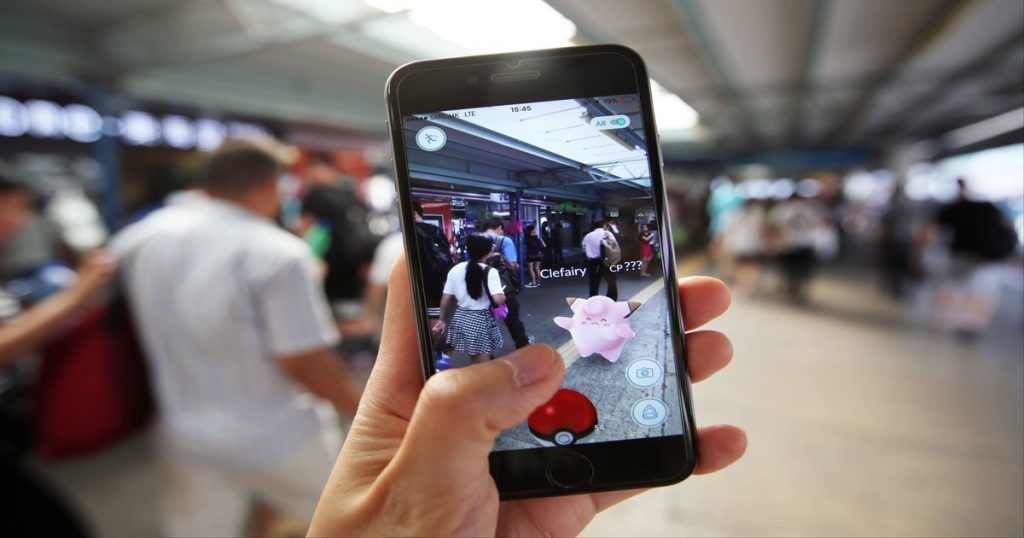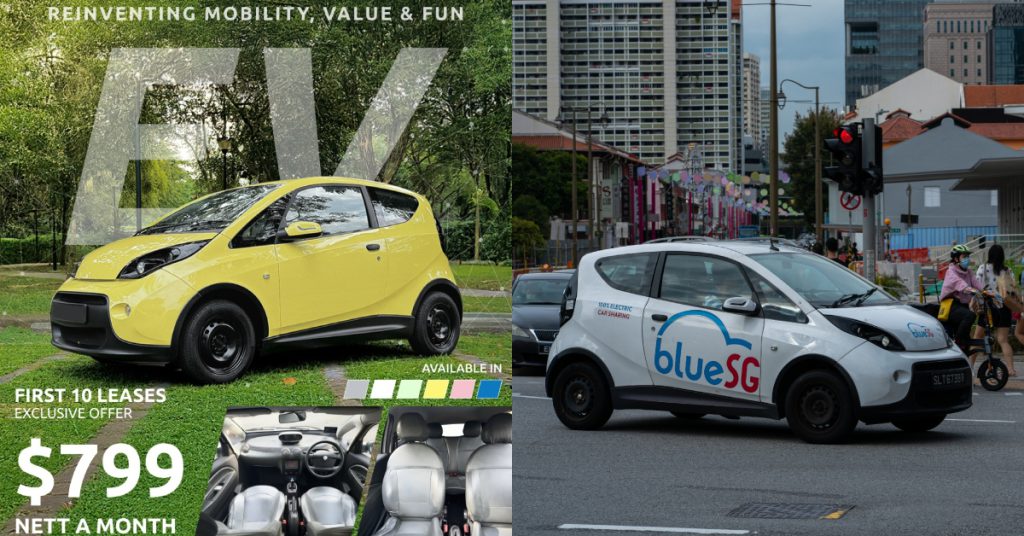Catching a Pikachu or a Charizard seems to be on the mind of many Singaporeans as of lately.
Though Singapore has been a month late to join the Pokemon GO clan, Singaporeans are making up for lost time by making the best of their situations.
The game however, might just come with a little snatch, and that is the player’s privacy.
In light of this, the Infocomm Development Authority of Singapore (IDA) has alerted locals of the possible dangers of the game. “Data is serious business and companies are in a race to collect as much data as possible about their customers’ interests and habits. So, do be careful of what you’re giving away,” says IDA on Facebook.
Pokemon GO uses the smartphone’s location settings such as the Global Positioning System (GPS) and camera function to be able to generate the Pokemon at the player’s current position.
To be able to play the game, one has to have plenty of data. Full access to their Google account has to be granted to the app by the player as well.
Despite being unable to access the password to the account, it is still able to read the emails from the account.
Niantic, the developing company of the game, comments that the ability for the app to read such emails was a genuine mistake and is rectifying it at the moment.
Why Personal Data Is Shared
Pokemon GO isn’t the only app that deals with accessing of personal data.
Popular social media apps such as Facebook, Instagram and Twitter are also in the mix. The reason for the need of such data in the first place is basically to connect you to your friends. To connect, accessing your address book in your phone or laptop is essential.

During which, information like numbers, emails and sometimes even locations are taken and stored by these apps.
Apps such as Twitter forewarn that they store these information for a certain period. However, the majority do not.
So yes, finally getting a Mewtwo or a Drangonite might be important but so is the safety of your personal data. Be sure to check if your details are in safe hands and if not, do report the problem.
Feature Image Credit: www.scmp.com














